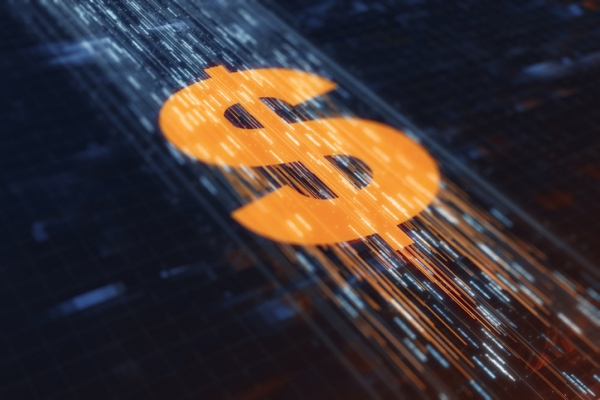
Inflation and the exchange rate in Korea have been making headlines with economic indicators at comparable levels to the Global Financial Crisis of 2007-2008. Korea saw a 5.7 inflation rate last month, and as of Sept. 26, the Korean won stands at 1,426 won to one USD. To explore the effects on the Korean economy, international students in Korea, and Korean students studying abroad, Ewha Professor Mah Jai Sheen from the Division of International Studies and a number of Ewha students gave their insight into the recent economic changes.
According to Professor Mah, the weakening of the Korean currency- won- has implied a rise in the price of imported goods; therefore, this may have led to an increase in the overall price level of Korea. In addition, crude oil prices skyrocketed to 120 dollars per barrel–though just recently decreasing to around 85 dollars–elevating levels of inflation even further. He added that this has been a key factor contributing to the record trade deficit recorded in August of this year. Moreover, he explained that as the Korean economy relies heavily on the import of crude oil, the increased price has caused import values to soar.
“Although the increase in exchange rate, such as the Korean won–US dollar exchange rate, may have been helpful in raising export values, the rise in import values has dominated the increase in export values,” Mah emphasized.
As a result, South Korea has observed a trade deficit this year, which has notably reached levels not seen since the Global Financial Crisis.
While many Koreans are feeling the economic burden, some international students find themselves benefitting from the current market rates.
Adel Gavdulakhatova, an international student from Kyrgyzstan, is a sophomore from the Division of Business Administration. She shared that the exchange rate has worked in her favor as she is relying on USD to make international transfers for her payments in Korea. She says it is beneficial to be using USD currently as the Kygyzstani som, has been strengthening against USD.
“Last semester, my tuition fees for school were much higher due to the currency rate,” Gavdulakhatovashe said. “This semester, the benefit from inflation for my tuition is around 350 USD.”
Other international students and Korean students studying abroad have not experienced the same benefits.
Moroccan student Lina, who wished not to reveal her full name, is a freshman from the Division of Mechanical and Biomedical Engineering. She expressed that grocery shopping has become quite expensive since her last visit in 2017. Though Morocco’s inflation rate of 8 percent this past August was greater than Korea’s rate of 5.7 percent, she noted that she felt more burdened in Korea as the general cost of living here is more expensive than that of Morocco.
For Korean students abroad, recent changes in the economy have significantly affected their spending habits.
Chaehyun Park, a sophomore and International Studies major, said that she finds herself reluctant to buy expensive items, such as smart wear, as an exchange student in Canada. Much like USD, the Canadian dollar has also been strengthening against KRW.
“The only place I can turn to for big transactions is my Korean bank account,” she explained. “But if I make purchases with my card from my Korean bank account, I would pay almost 40 dollars more for some items than the original price in Korea.”
Chaehyun described her regret in not making such purchases in advance and advises other Korean students to make close comparisons between prices before buying such items.
Although the Korean won–US dollar exchange rate has not had a considerable effect on price levels as it is relatively recent, Professor Mah said it is possible that they may rise to an extent in the upcoming months if the exchange rate continues to climb. Additionally, he pointed out that the Korean won has depreciated due to not only the trade deficits but also foreign exchange outflows primarily resulting from the rise in interest rate in the United States.
“Government intervention in the foreign exchange market to stabilize the exchange rate may prolong the trade deficit,” Mah explained. “If a trade surplus is recorded, it would have a downward pressure on the Korean won–US dollar exchange rate. Maintaining the trend of the interest rate of Korea and those of larger countries may be an effective policy instrument in preventing large amounts of foreign exchange outflows and furtherdepreciation of the Korean won.”
Meanwhile, Mah remarked that the depreciation of the national currency has both positive and negative effects on the national economy. As for high price levels, he suggested contractionary monetary policy by raising the interest rate to control the growth rate of the money supply.

